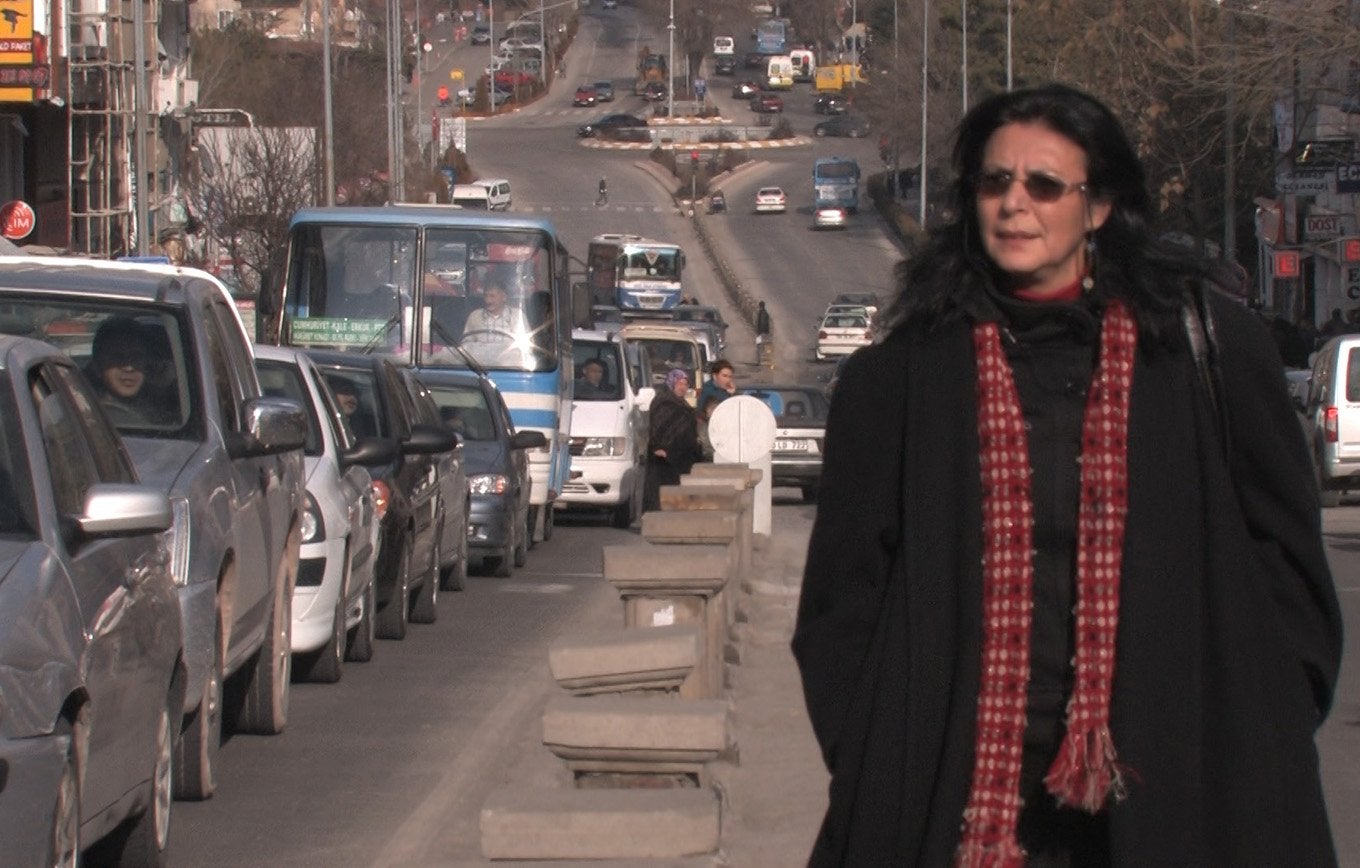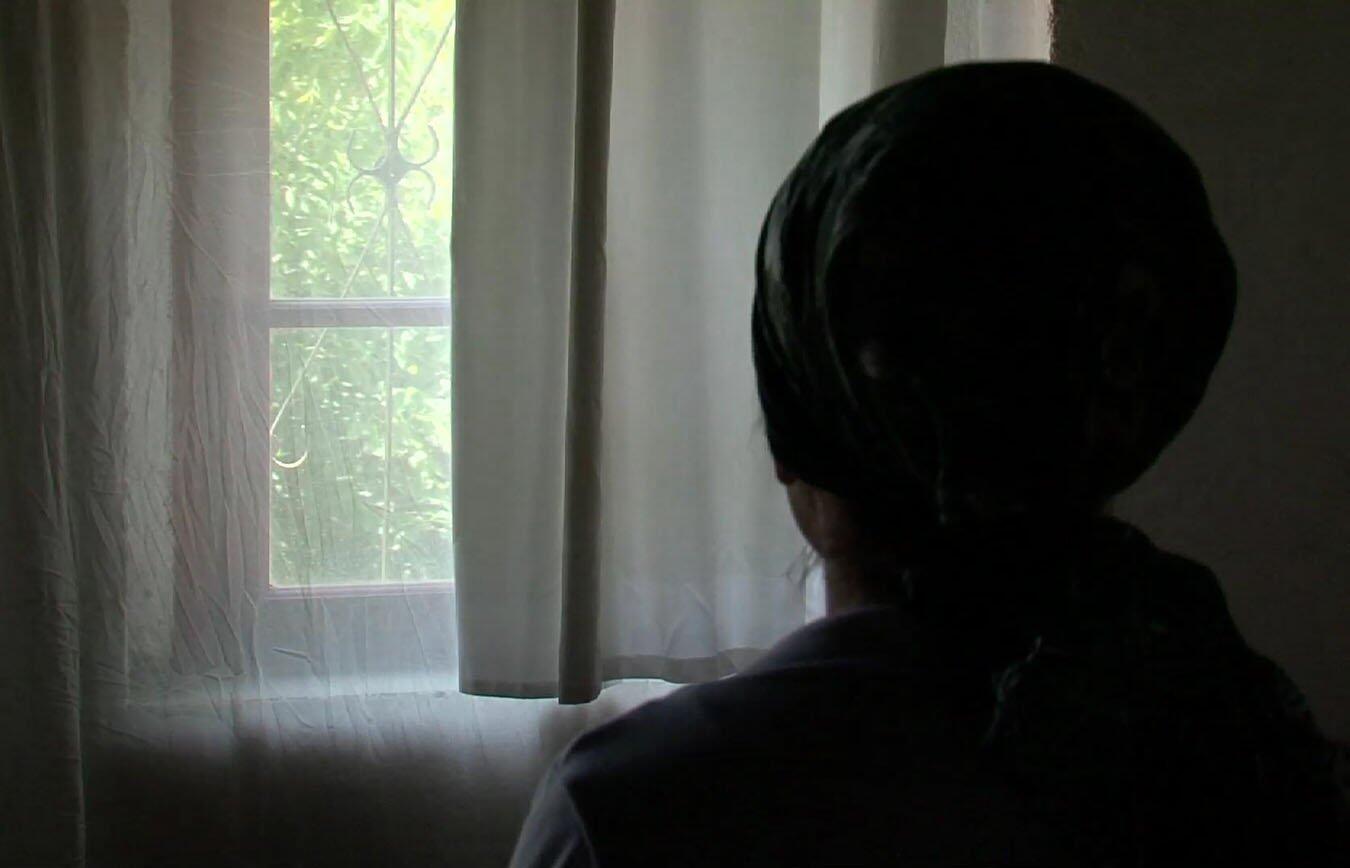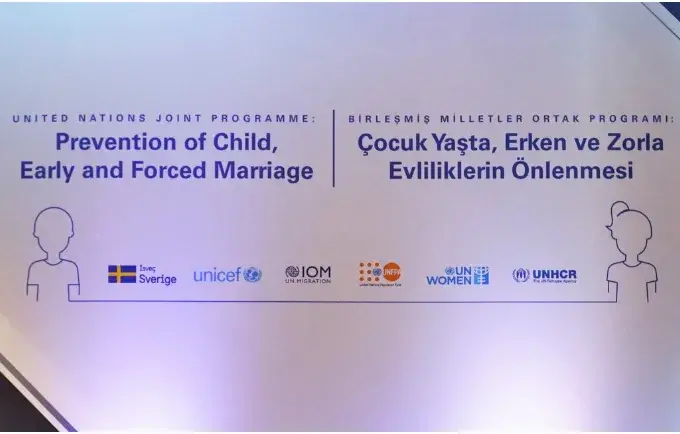ISTANBUL, Turkey – “It was a nightmare. Maybe even worse than a nightmare.” That is how Beyza,* 19, described her experience of marrying at the age of 13. Deprived of an education and facing family pressure, she says she saw eloping with a cousin as ‘a way to escape’. She knew nothing about what was supposed to happen on the wedding night, and was abused by both her husband and her mother-in-law for not knowing how to tend house.
“When I married, I thought that it was all my fault and that I just had to live with the consequences,” said Beyza, who told her story to Turkish filmmaker Bingöl Elmas for the documentary ‘Evcilik’.
Beyza is far from alone. As many as one third of marriages in eastern and southeastern Turkey involve girls under age 18, with many younger than 15, according to research by the non-profit KAMER.
Many of these unions are made through illegal religious ceremonies, which the country’s top religious authority, Diyanet chief Mehmet Görmez, has condemned as “a great injustice.” He has instructed local imams to address the issue in sermons, and those who perform illegal marriages are to be investigated.
“Child marriages are not legitimate marriages. Child marriages are a violation of human rights and child rights; they are also violations of educational and other basic rights,” says Öznur Çalık, a member of parliament and vice president of Turkey’s governing AK Party. “Education has a particular role in eradicating this problem. [Discontinuing] education is both the reason for and result of early marriages. In this regard the [Turkish] government has put serious emphasis on the education of girl child.”
“The practice of child marriage is very much embedded in [many] people’s lives in Turkey, and changing mind-sets about this harmful practice takes time,” says Özlem Başdoğan, project coordinator for Uçan Süpürge (Flying Broom), an Ankara-based women’s organisation. The group’s advocacy and awareness-raising work on the issue helped inspire Elmas’ film, which has in turn been screened at Flying Broom’s International Women’s Film Festival.
UNFPA Turkey has also worked to raise awareness of child marriage and adolescent pregnancy through media outreach. It also works to empower young girls through peer-education programmes on youth sexual and reproductive health, which address the risks of early marriages and pregnancies. Child marriage is addressed in UNFPA’s work to end gender-based violence.
But much more needs to be done.
A struggle for hope
The consequences of child marriage can be severe, as Beyza’s story attests. She went on to attempt suicide, and suffered through a difficult pregnancy and childbirth. (Adolescents are at much higher risk of injury and death during pregnancy and labour.) When she returned to her mother’s house, she was cajoled back by her husband, who subsequently trafficked her.
After over a year in captivity, she escaped and is now back with her parents and 5-year-old daughter. But life remains difficult. “When you look to the future, usually you see possibilities,” she said. “But I see nothing at all.”
Hayriye Demirbilek also struggled with hopelessness after her marriage as a young teenager, which she also relates in Ms. Elmas’ film, which was produced by Asmin Film and the Kumbara Art Studio and Social Unity Institution with support from the Consulate General of the Netherlands’ Istanbul Human Rights Programme and the Turkish Culture Ministry’s General Directorate of Cinema.
Ms. Demirbilek says she and her sisters grew up in an environment where “girls weren’t wanted or loved” and their education was dismissed as unimportant. “My mother was married off at the age of 16 and could never stand up for us,” she said.

Hayriye Demirbilek was married as a teenager. She is now divorced and head of the Cappadocia Women’s Solidarity Association in central Turkey. Photo: Koray Kesik/Asmin Film
After she was accused of flirting with a neighbour boy, Ms. Demirbilek was beaten and then married off to a cousin. “They thought my honour needed cleansing,” she said.
“We [my husband and I] were both children and we were under more responsibility than we could handle,” she said. “They expected financial responsibility from him and they expected me to be a woman, a bride. But I was very young and didn’t know the first thing about it.”
The marriage lasted only a year.
A vicious circle
Ms. Demirbilek returned to her parents’ house with her infant son. “[My mother] raised us both,” she said. Scorned by her community for being young and divorced, she stayed at home for seven years. Later, fearful of being alone, she entered into an abusive relationship with an older man who made her life “a living hell for 20 years.”
“It’s a vicious circle. You take one wrong turn and the rest just keeps on coming. It gets to a point where you can’t fix anything anymore,” she said.
But eventually, she says, she learned to “stand tall” and change her life. Though she had been a middle-school drop-out when she married, Ms. Demirbilek resumed her education after getting divorced and entered the workforce. Eventually she got involved in local politics. “[People] would come to me to talk about their problems, to ask for help. But they never knew how much help I needed myself,” she said.
“They talked so much about my ‘honour’. They called me all sorts of names,” said Ms. Demirbilek, who now heads the Cappadocia Women’s Solidarity Association. “Now look at me. I’m a woman who lives by herself. Today, there are divorced women everywhere. Life is changing.”
* Name changed




